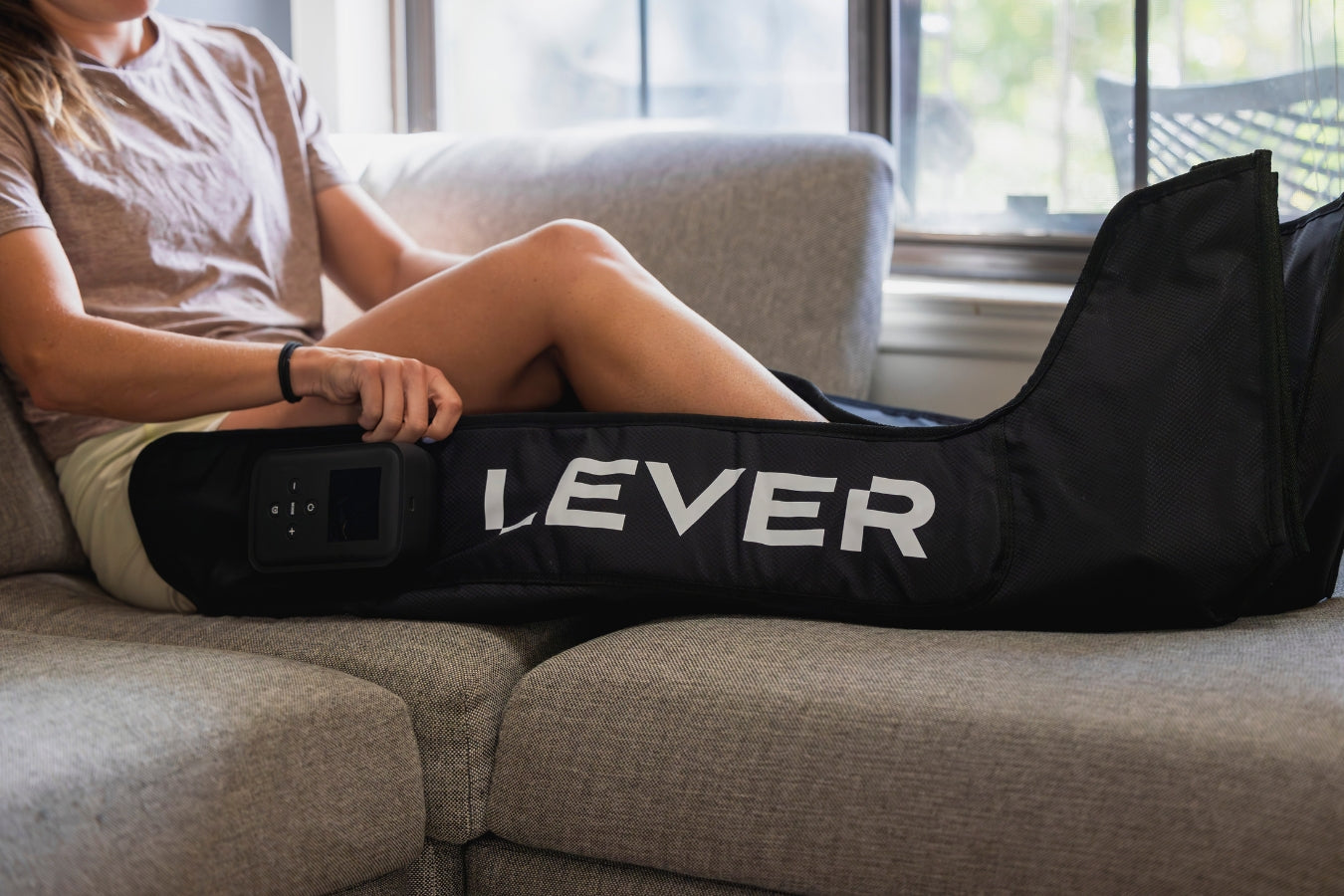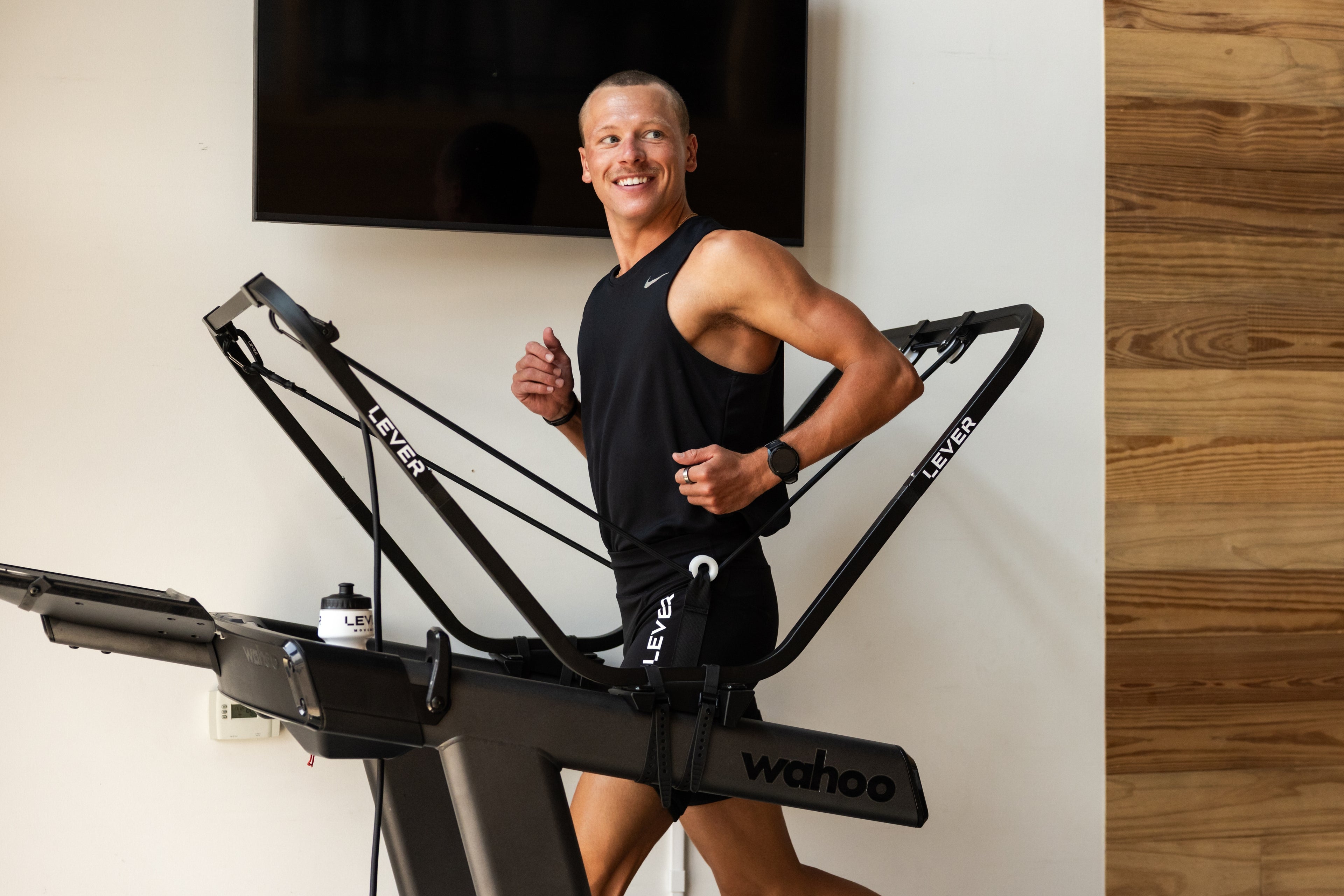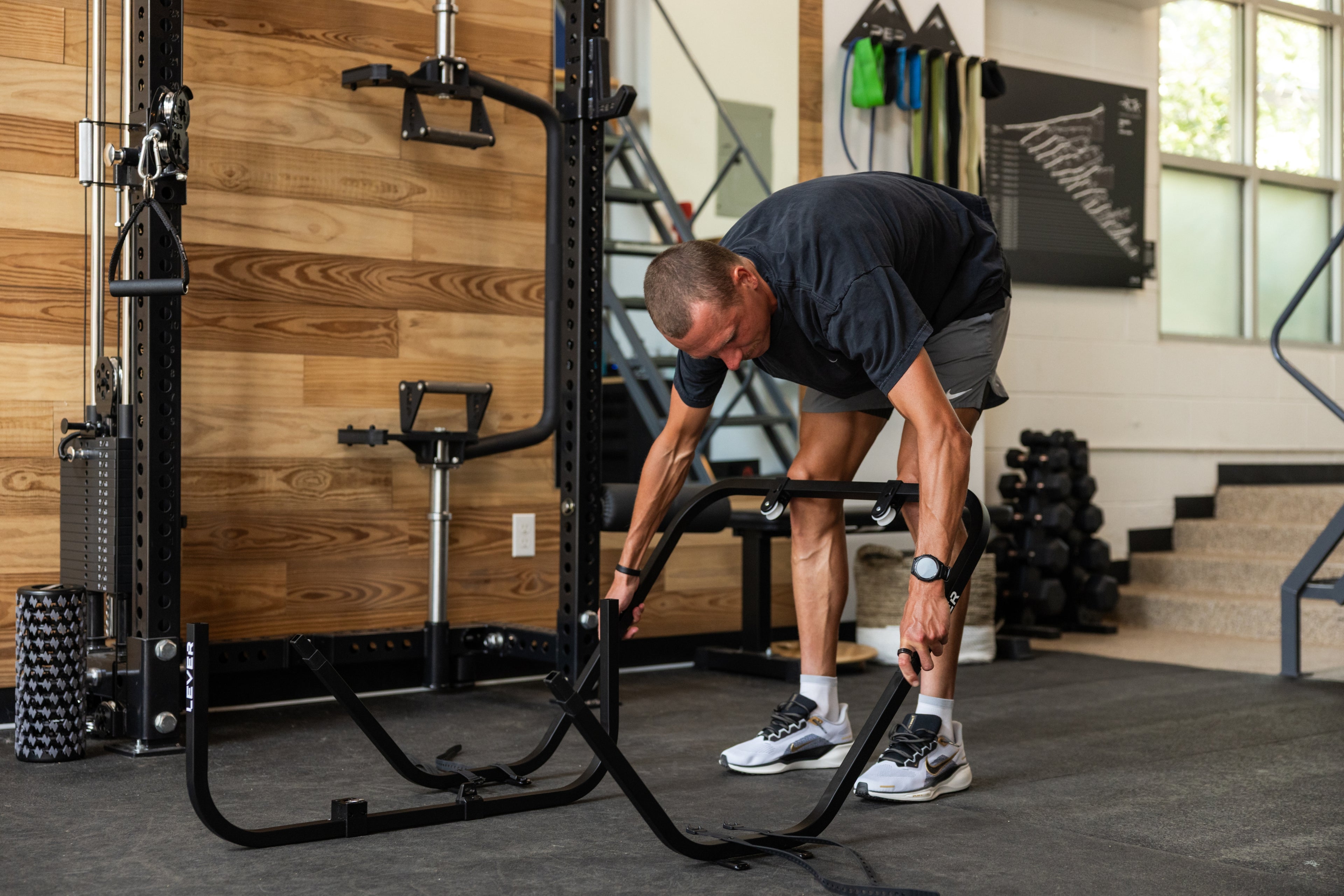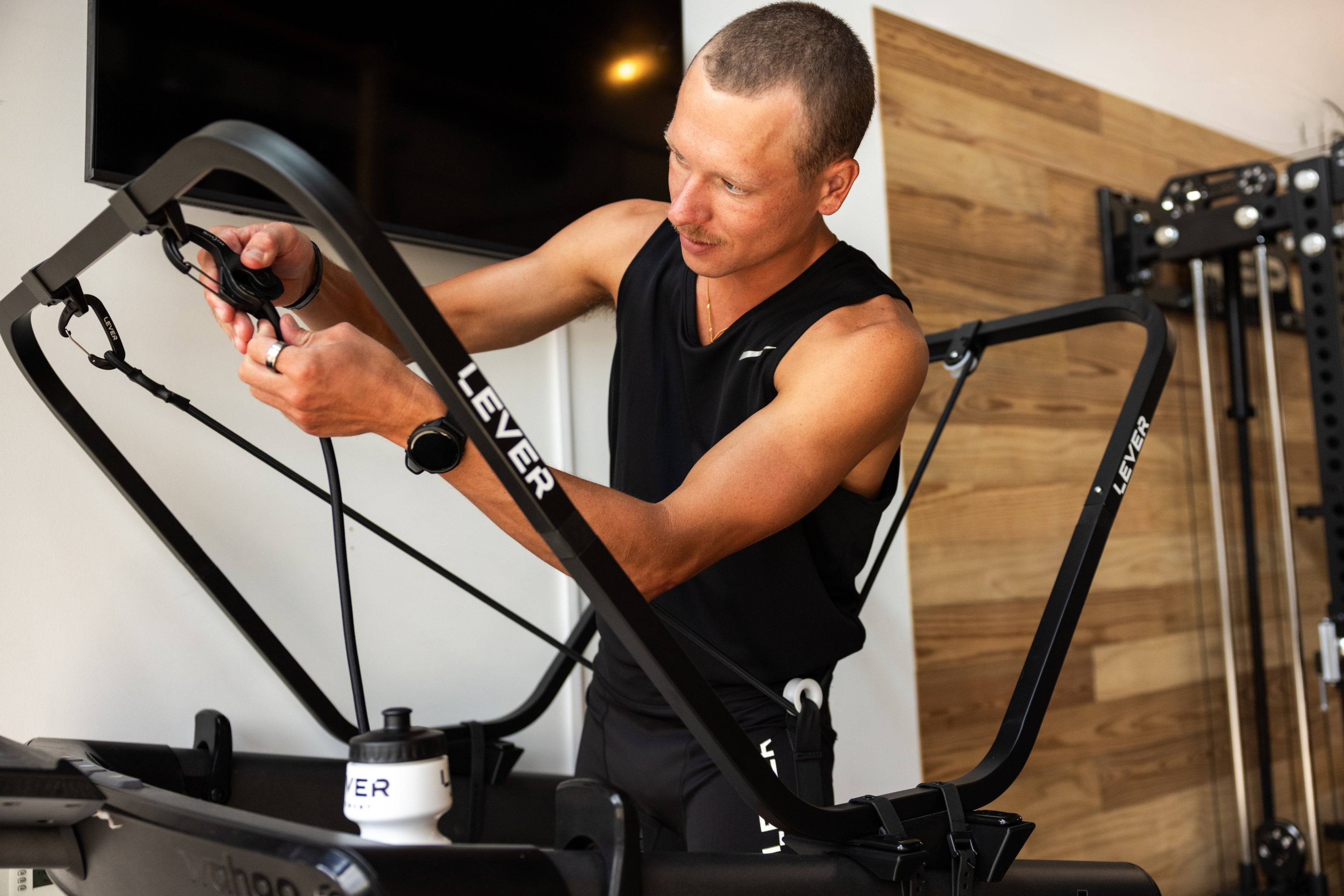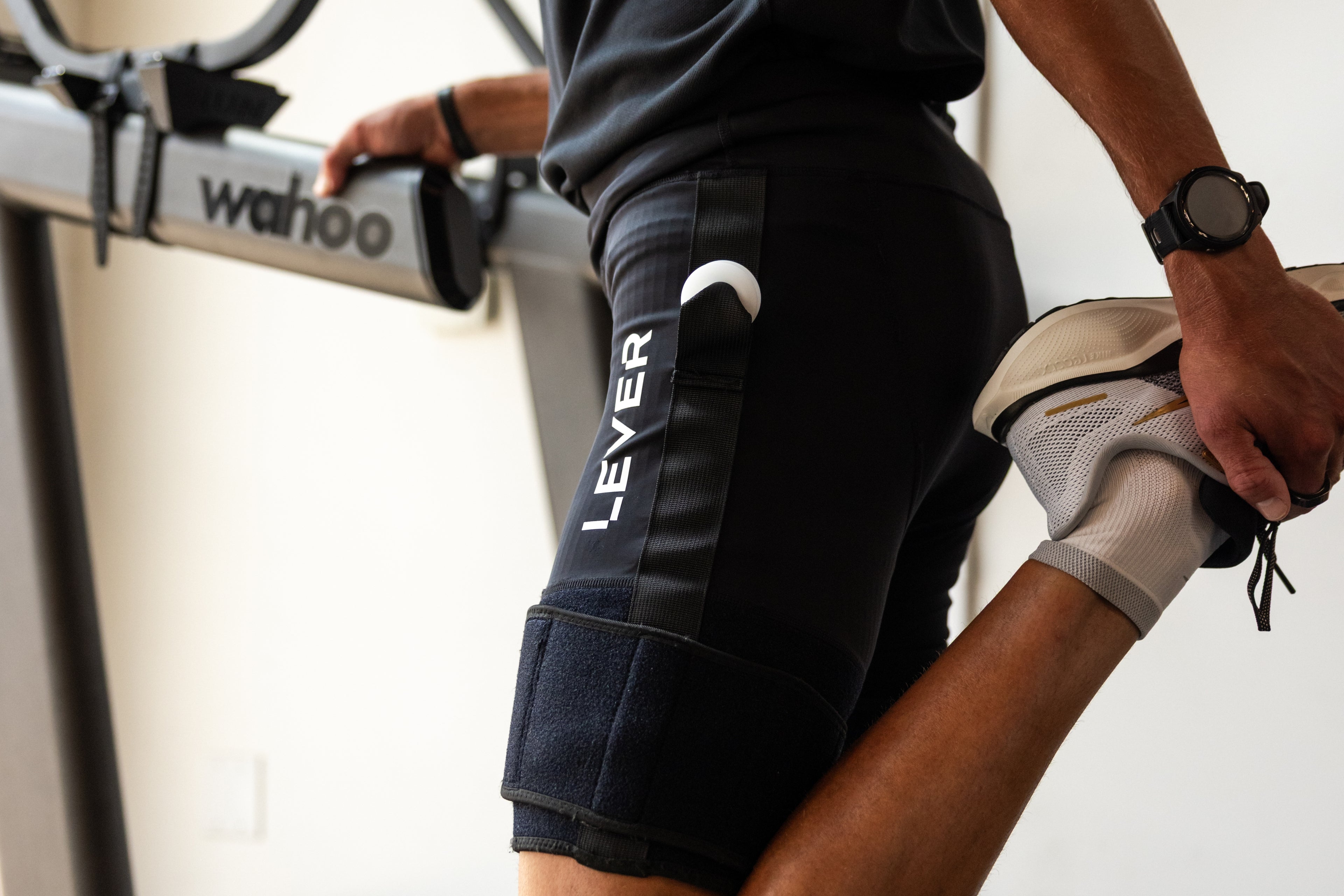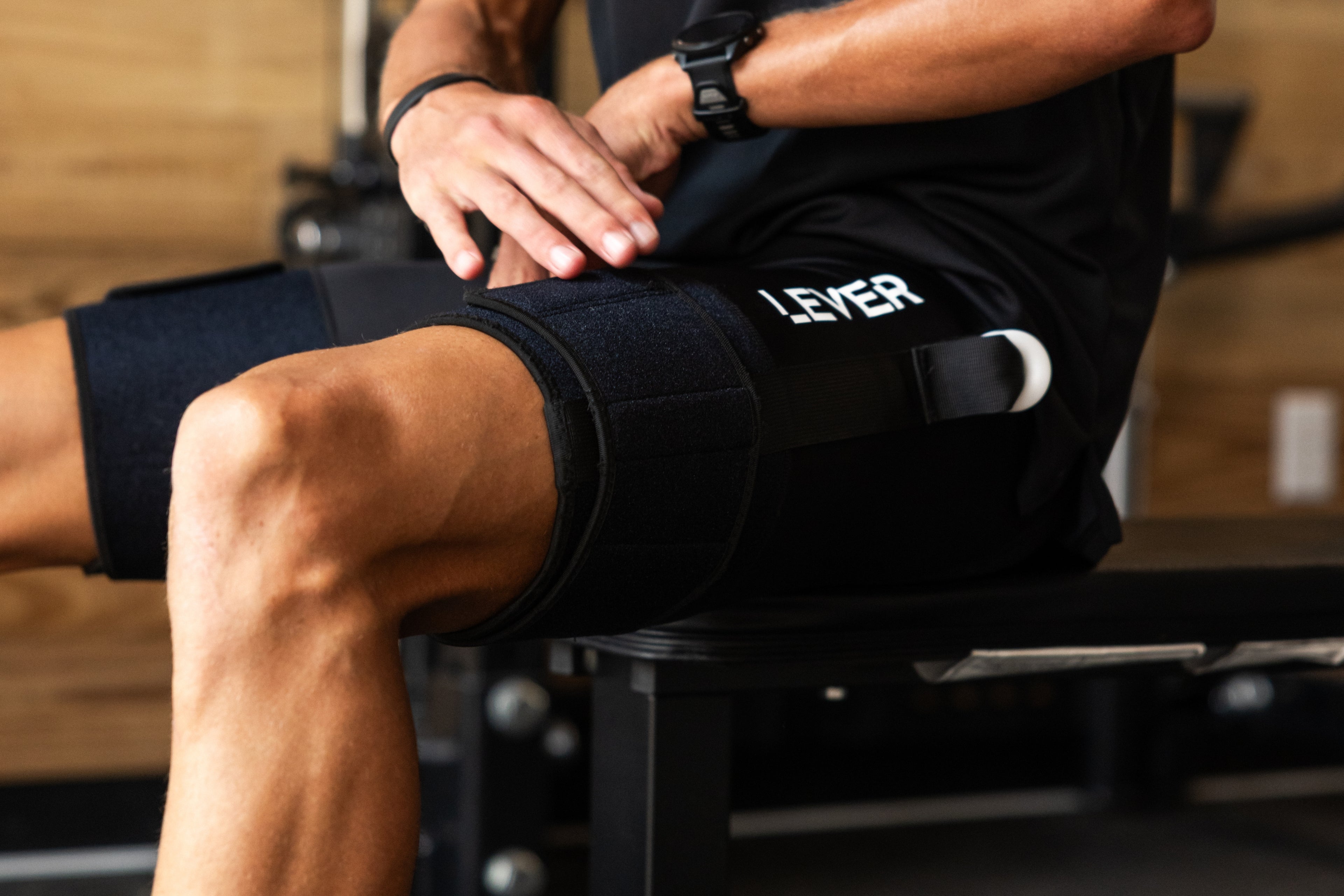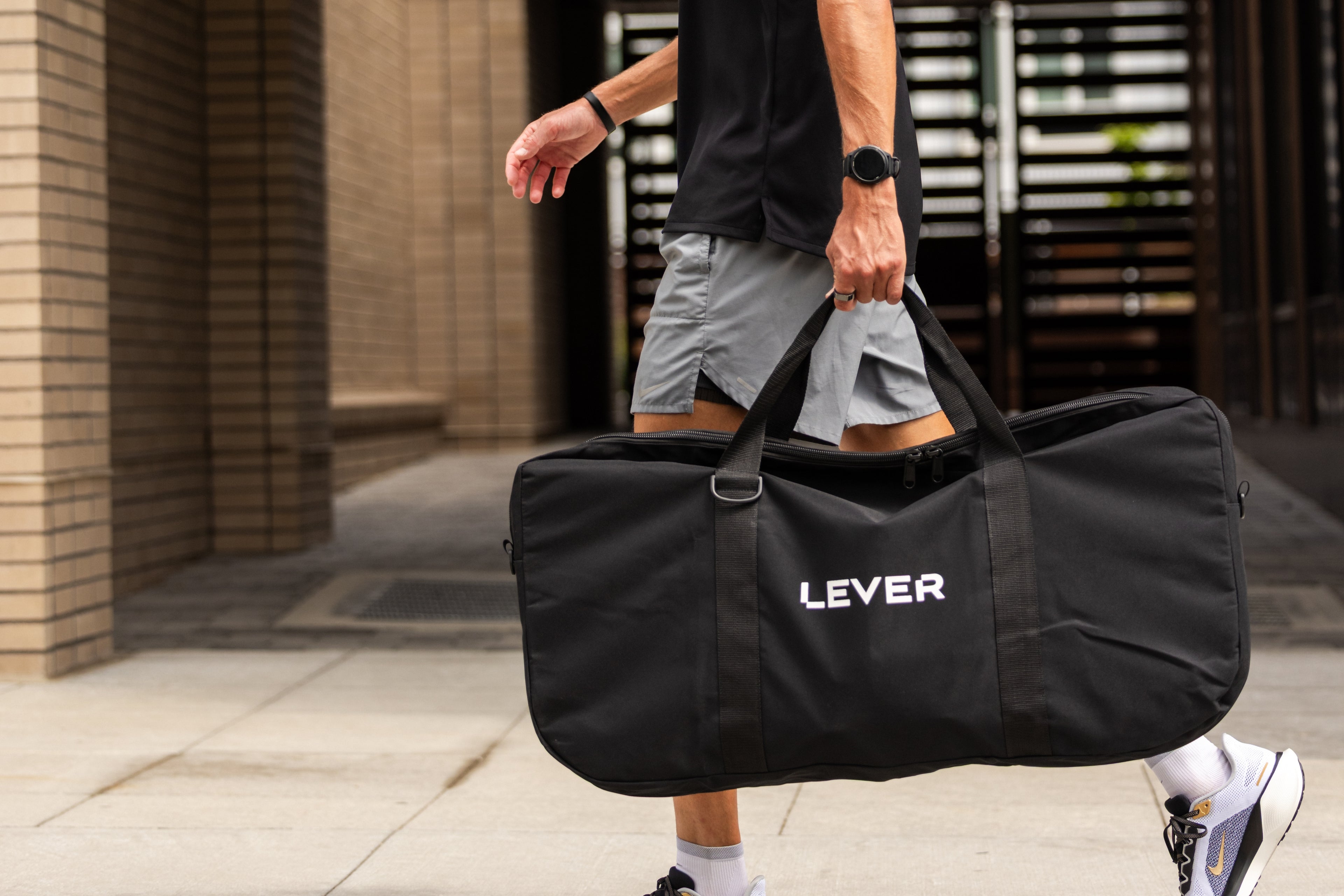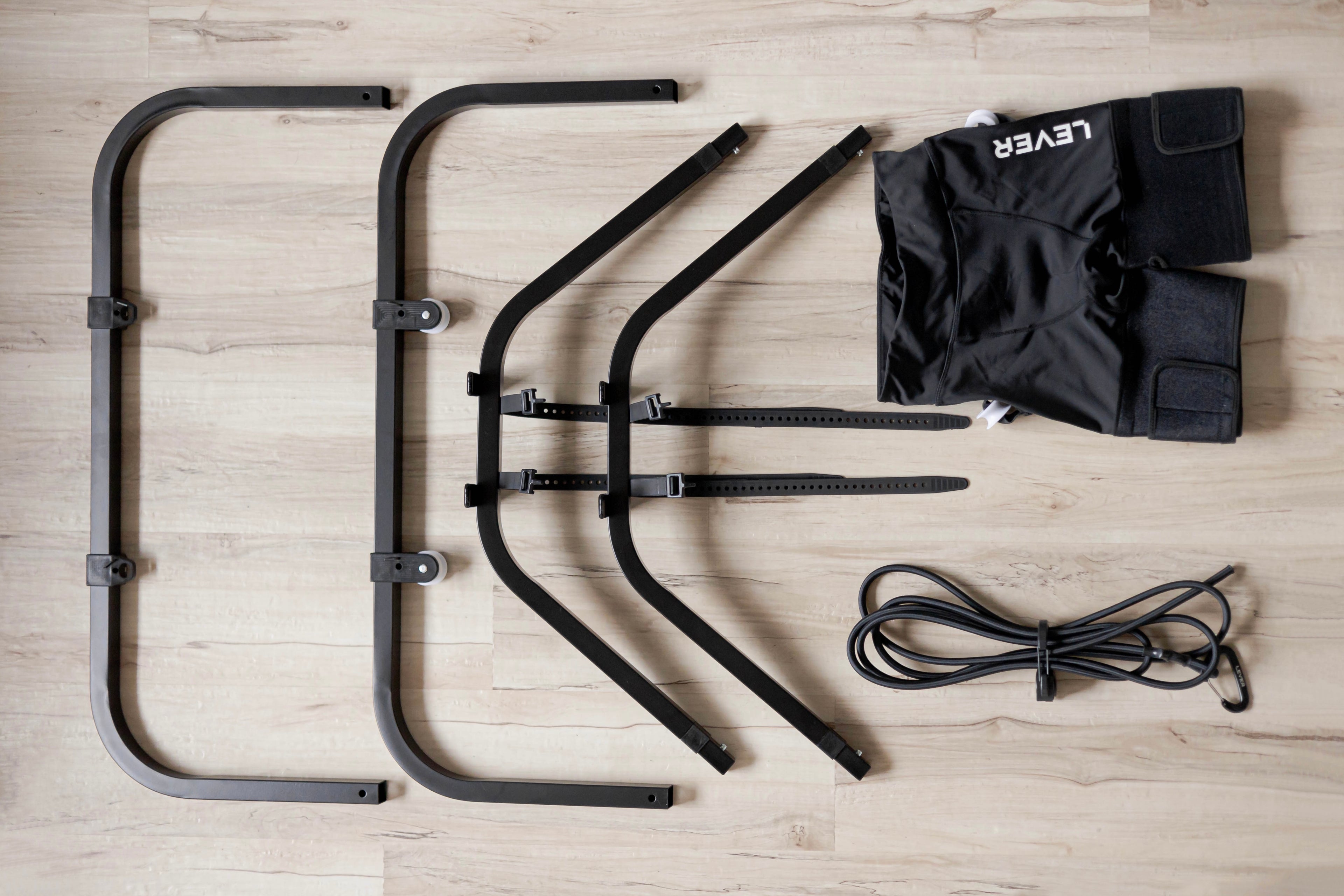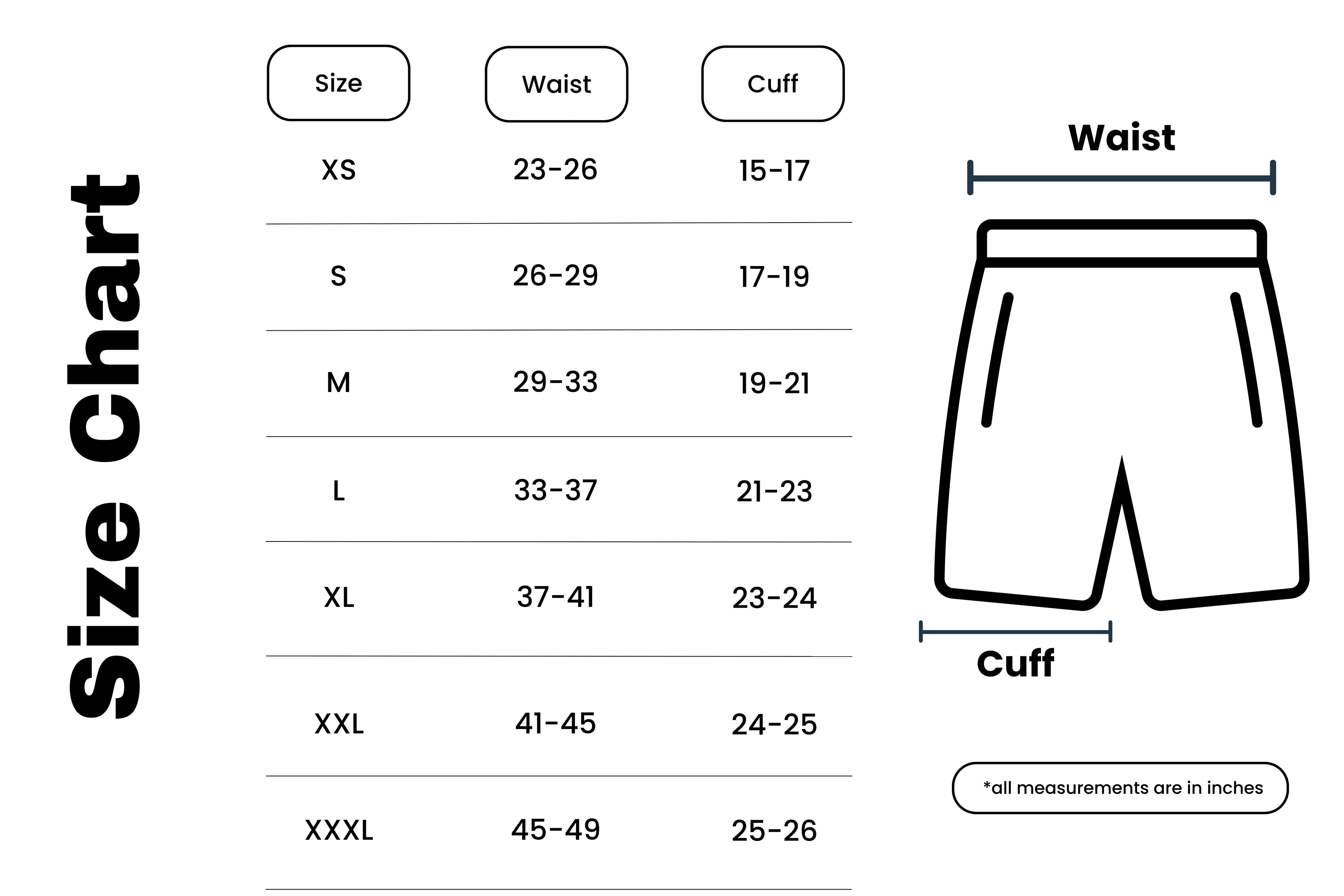What is Compression Therapy?
Compression therapy involves applying controlled pressure to different parts of the body, typically the legs, to improve circulation and reduce muscle soreness. It works by gently compressing veins, helping push blood back toward the heart, reducing swelling, and facilitating faster removal of metabolic waste like lactic acid.
How Does It Help Recovery?
-
Improved Circulation: One of the key benefits of compression therapy is its ability to promote better blood flow. By increasing circulation, more oxygen and nutrients are delivered to muscles, which can help accelerate recovery after strenuous workouts.
-
Reduced Muscle Soreness and Fatigue: After an intense workout, muscles often feel sore and fatigued due to the buildup of waste products like lactic acid. Compression therapy can help flush out these toxins, reducing delayed onset muscle soreness (DOMS) and helping you bounce back faster.
-
Swelling and Inflammation Reduction: For athletes, swelling is a common post-exercise response. Compression therapy helps to reduce fluid buildup in the tissues, which can significantly lessen inflammation and discomfort, allowing for quicker recovery times and a faster return to training.
-
Enhanced Performance: Consistent use of compression therapy can lead to long-term performance benefits. By ensuring muscles recover faster and more efficiently, athletes can maintain high levels of training without the risk of overtraining or injury.
Why Should You Consider It?
Incorporating compression therapy into your recovery routine offers a range of benefits for athletes at all levels. It's a convenient, effective method to reduce muscle fatigue, enhance recovery, and stay in top condition for your next workout or race. With various devices available, from compression sleeves to pneumatic compression boots, it’s easier than ever to add this technique to your recovery toolkit.
Final Thoughts
As recovery techniques continue to evolve, compression therapy has proven to be a reliable method to optimize performance and speed up recovery. Whether you’re recovering from a race or an intense training session, this therapy can help you train smarter and stay on top of your game.


